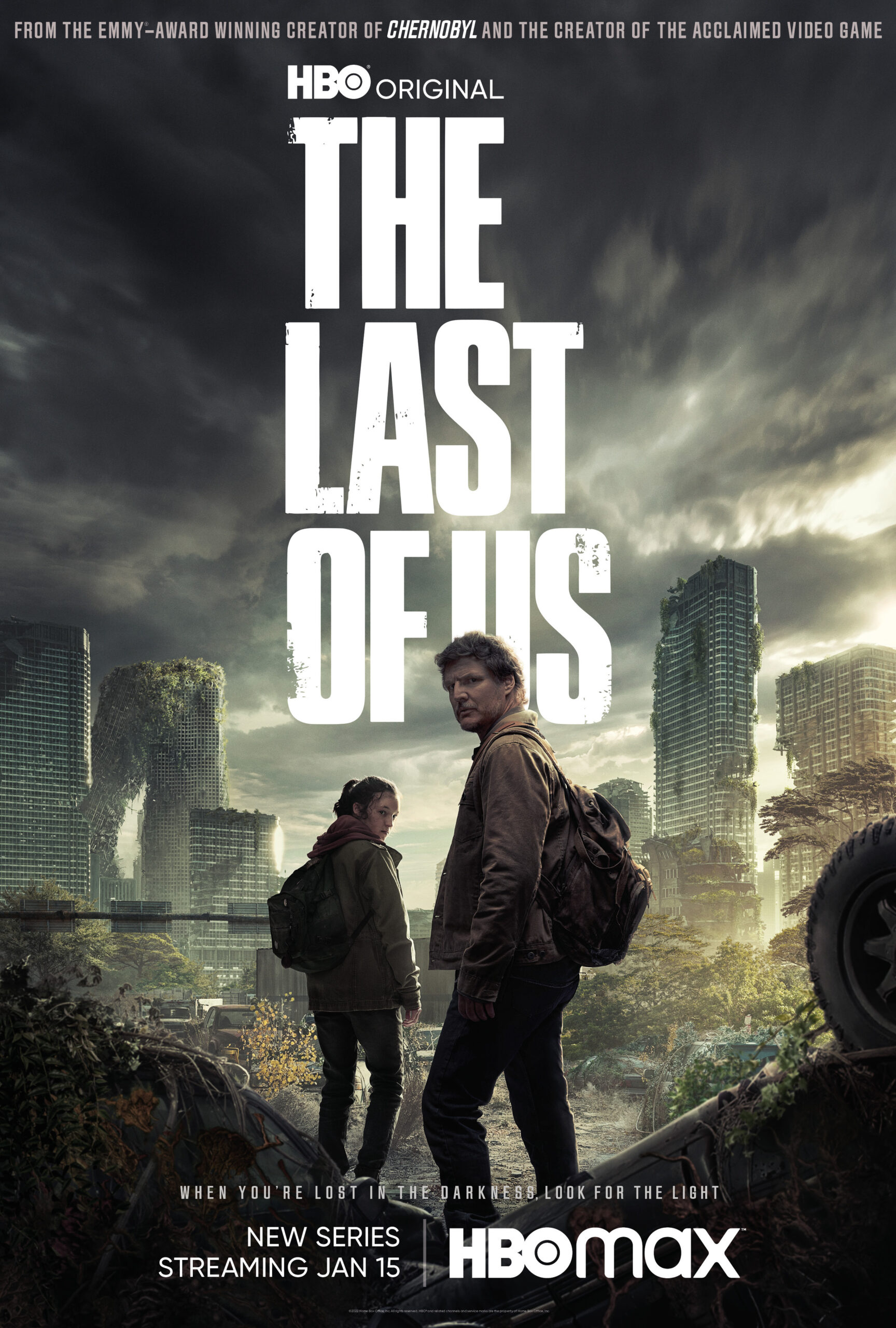Basically: An adaptation of a wildly celebrated PlayStation game about two people surviving a cross-country journey in a world ravaged by a devastating virus.
The history of video game adaptations is a fraught field of failures. It was not until the last few years that we started to get anything close to good. Now, for those of you who think such an improvement is impossible, I remember a time when comic book films weren’t well done, but the rise of superhero franchises led to studios using established IP effectively. Now, it appears Sony is taking all the goodwill it has garnered in the PlayStation space—by taking games that have already made them billions and putting them in front of new faces.
In recent years, NaughtyDog, one of Sony’s leading studios, has essentially been making playable cinematic experiences, especially with the Uncharted series. We recently got a serviceable film version but it leaves a lot to be desired. It’s hard to compress hours’ worth of gaming experience into a two-hour film. So when Sony announced that The Last of Us would be turned into a TV show, my interest was piqued. The Last of Us has been a critical and financial success even with such a dour story.
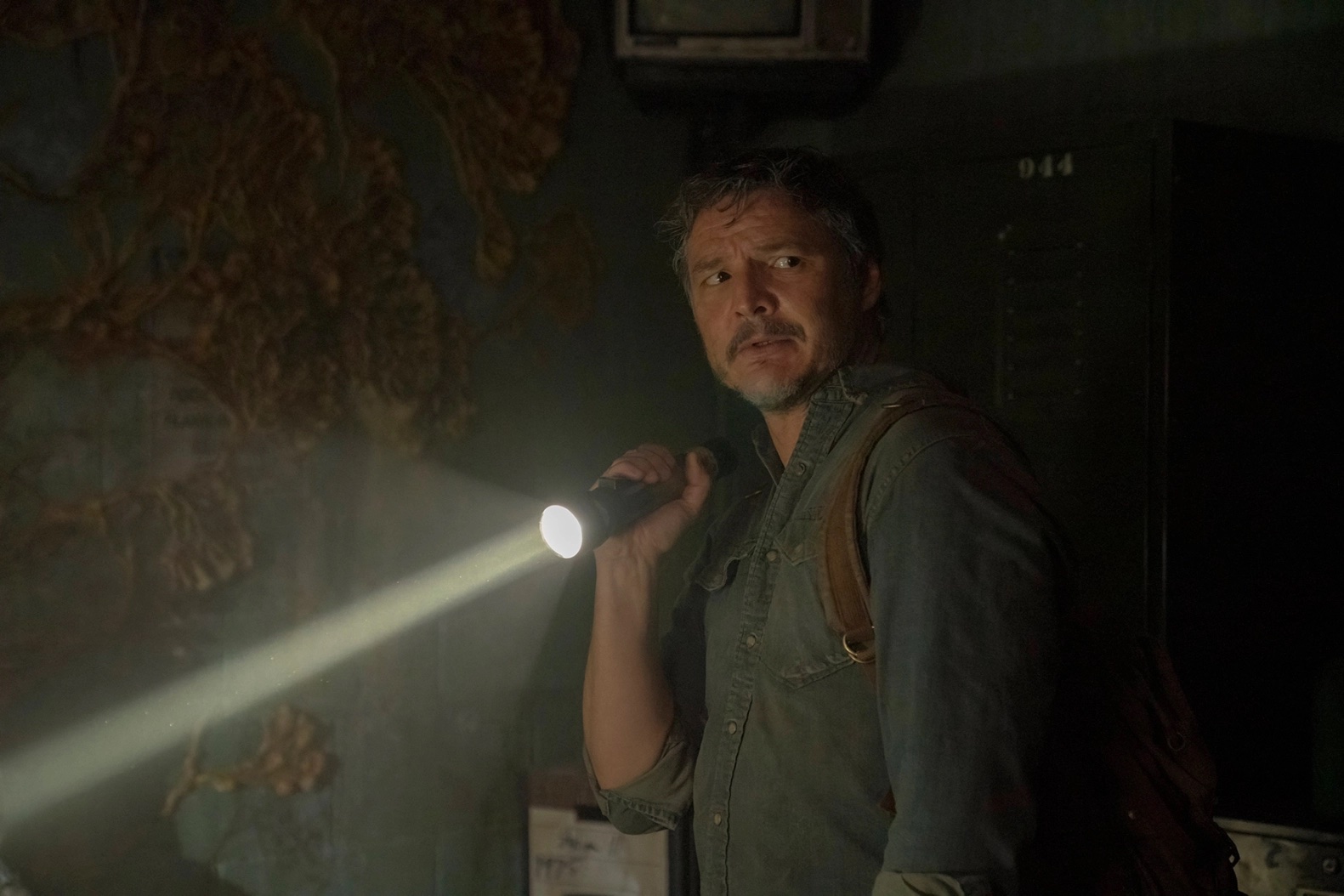
Sidebar: I bought the game version of The Last of Us three times over the years but never played it. This show adaptation was the push I needed to finally play (and complete) this game so I could watch the first season and compare the two. Not just to see the little changes to the story—which are necessary when adapting to another medium—but to see how effective those changes are and how the performances keep the core of the story and the heart.
In The Last of Us, a pandemic has endangered the human race. The virus that spreads can take control of a person, basically turning them into zombies (with a few differences). Set two decades since the pandemic started, this story is about a man named Joel (Pedro Pascal) who makes his way across the US as a smuggler. He ends up taking a young girl named Ellie (Bella Ramsey) under his care. Ellie could be the secret to saving the human race. The dynamic between the two works well for those familiar with the game.
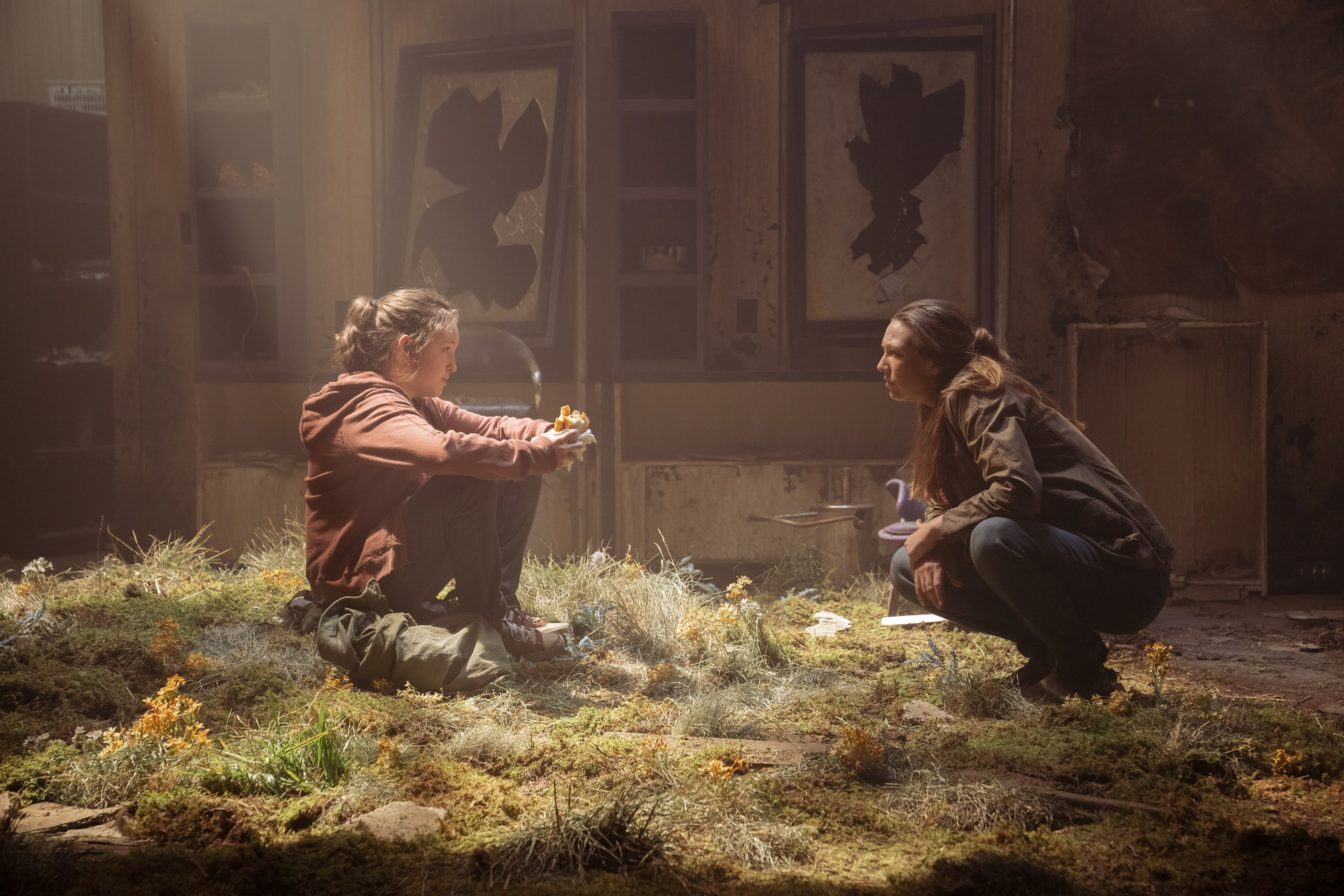
The season covers the complete narrative of the first game. It keeps a lot of the writing from the game, as well as some shots and blocking. The performances are also similar. At times, it felt weird for me to see some of the same events so closely adapted as I was also playing the game—but those parallels should make many fans happy. It’s also worth noting the series should be just as captivating for viewers unfamiliar with the source material.
Joining Pascal and Ramsey is Anna Torv as Tess. She’s Joel’s partner in the Boston quarantine zone—they run schemes together—and she serves as his conscience. Torv’s Tess feels a bit more hopeful than game Tess and different enough in performance to keep it interesting. Gabriel Luna plays Tommy, Joel’s brother, who is good with Pascal in the very little time he’s on screen. His scenes feel worth it dramatically with good performances. I hope he’s in season two. The choice to make Joel and Tommy Latino also adds a different window into the characters and the world.
The Last of Us’ beginning is quite heartbreaking and the anxiety and stress of what’s happening are portrayed well. The show also has some pretty great guests: Nick Offerman, Murray Bartlett, and Storm Reid all have outstanding performances. I think the episodes they are in will really connect with the audience. I’ll be honest, I’m not the biggest fan of the episode with Offerman but I can see the care and craft that went into making it. It’s very well done.
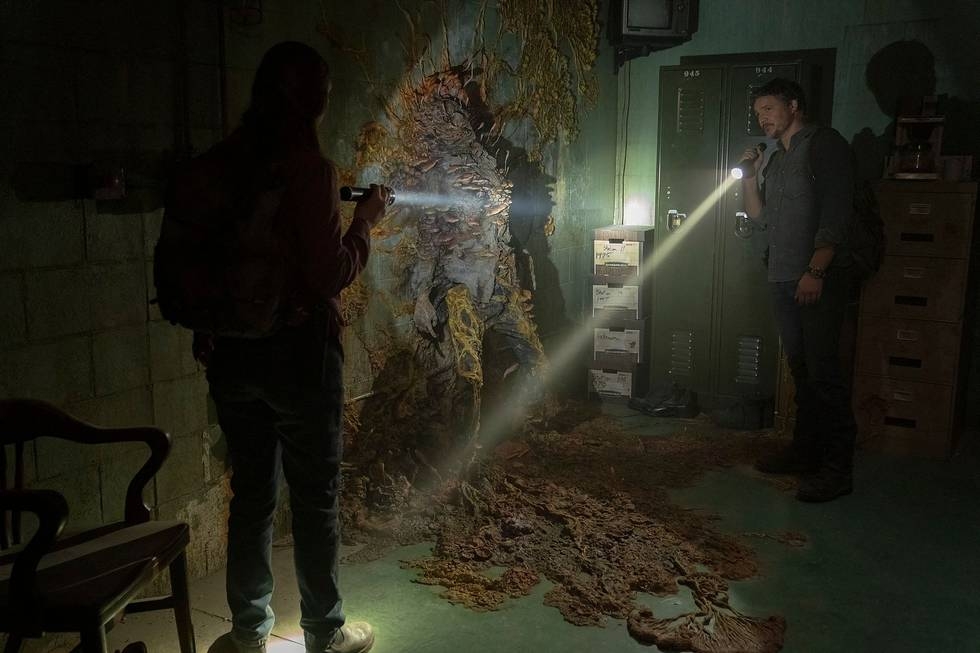
Melanie Lynskey also guest stars as a character who didn’t work for me at all; how she’s used with another character rubbed me the wrong way in some optics. I don’t think it adds much to the overall story. Watching her character’s arc was one of the times my nitpickiness took over from comparing the game. It’s like the show added fat to the meal when they didn’t need to.
For OG fans, a number of the actors who voiced core characters in the game are in this show as other characters. I find this encouraging because gaming is starting to become a medium for an actor to show their skills, and The Last of Us helped change opinions on video game voice acting along with 2018’s God of War (also on PlayStation). None of these cameos are distracting and work as really nice Easter eggs.
The season is nine episodes long and runs close to ten hours in total, which is close to the gameplay time, but I wish there was one more episode to let the story breathe a little bit more. It’s not rushed but I think there could’ve been some quieter parts. Also, there are not as many infected/zombies as I’d like but I understand why—I could see too many The Walking Dead comparisons in its future.
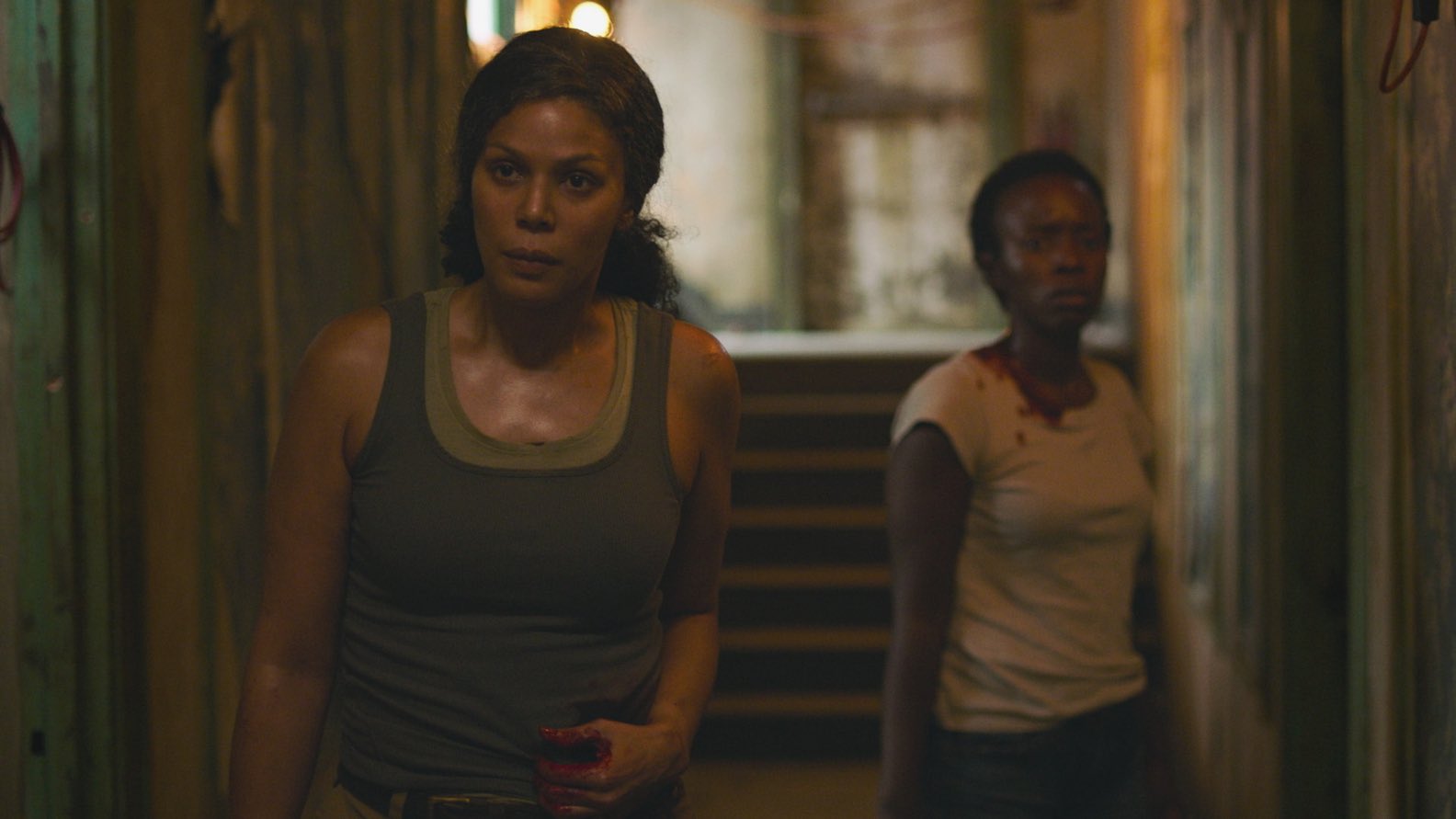
To the folks who played the game: Don’t expect Super Joel. He has a frailty that the original character doesn’t have (because he’s damn near apocalypse-Batman). Pascal’s Joel is way more relatable and human, especially with Ellie.
The Last of Us is great. The show is a wonderful ride and starts 2023 on a good note in the prestige television world. Although it makes me wonder what will come next because I don’t think the series can do the time jump that The Last of Us Part II did. With that said, I hope all the other PlayStation shows follow the standards set by The Last of Us in the future.
In the End: The Last of Us is more than just another end-of-the-world show; it focuses on the need for human connection even when the world doesn’t seem like a place where that can happen.
The Last of Us premieres on HBO Max on January 15.

